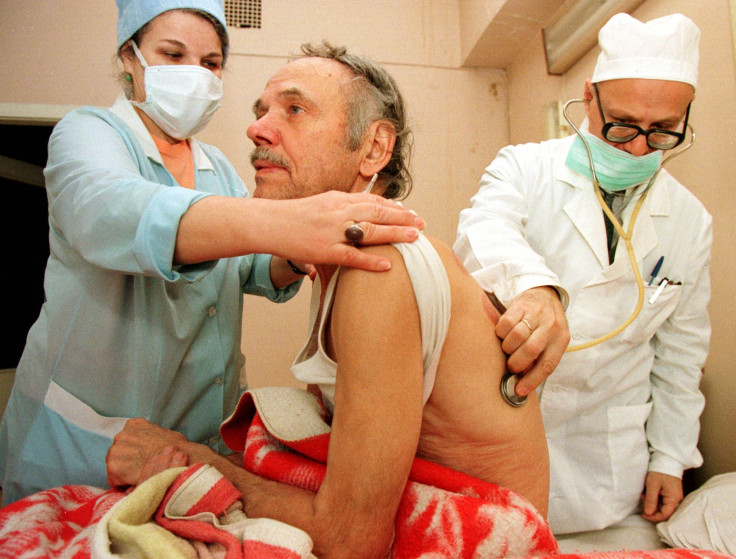Customer Loyalty Programs, Like The Ones Used By Stores And Airlines, Could Improve Healthcare

Even in the digital age where everything has been reduced to algorithms and computer screens, the doctor-patient relationship remains an important part of modern healthcare. Unfortunately, patients rarely stick to a single doctor or hospital when they have so many healthcare outlets to choose from.
A team of researchers from the University of Michigan Medical School suggest customer loyalty programs, similar to the ones used by stores and airlines, could also benefit both patients and doctors by keeping levels of care high, and costs low.
"Loyalty programs have the potential to enhance both health and financial benefits to patients and (the) health system," said Dr. Laurence McMahon, lead author of the piece and chief of general medicine at U-M, in a statement.
McMahon and his colleagues argue that hospitals, clinics, and other providers should want to keep patients coming back so they can succeed as Accountable Care Organizations (ACOs). Healthcare providers that offer coordinated care — by combining services typically dispersed among different doctors and clinics — provide high-quality care for patients in need and keep healthcare costs down for certain patient populations. For example, evidence has shown that doctor-run weight loss programs help patients lose twice as much weight.
The research team referenced a recent study that found 38 percent of patients and 27 percent of doctors in a Medicare ACO’s network in any given year will be out of that network by the following year. Although ACO participants only receive rewards for coordinating patient care in a continuous way, the program’s federal rules guarantee patients have freedom of choice when it comes to choosing a doctor.
Providers that succeed as ACOs are encouraged to keep costs down and focus on preventive care, which eliminates the need for services down the road. They recommend offering perks to patients based on how long they’ve stayed with the same doctors.
"Loyalty programs could empower patients to manage their health in new and innovative ways while enhancing the business model for health systems," the researchers added. "If successful, such programs may help improve both customer care and clinical care. That's one membership card worth having."
Another strategy recommended by the U-M research team was to broaden the concept of a healthcare “network” by adding urgent care facilities and pharmacies, or even restaurants and grocery stores to the list of sites offering healthy diet programs. McMahon wanted to separate broad-based loyalty healthcare programs from specific hospital programs that are designed to keep rich patients coming back with premium levels of hospital accommodations, such as gourmet meals and VIP clinic access.
Source: Chopra V, Tipirneni R, McMahon L. JAMA. 2016.
Published by Medicaldaily.com



























